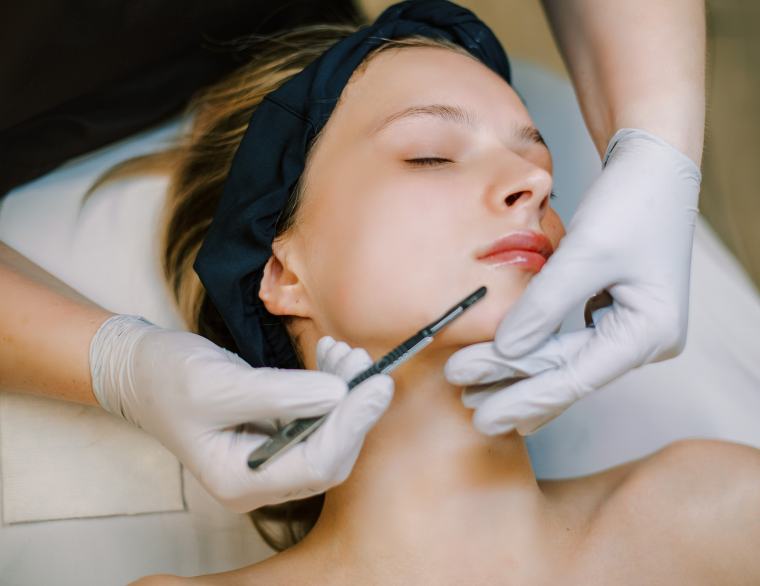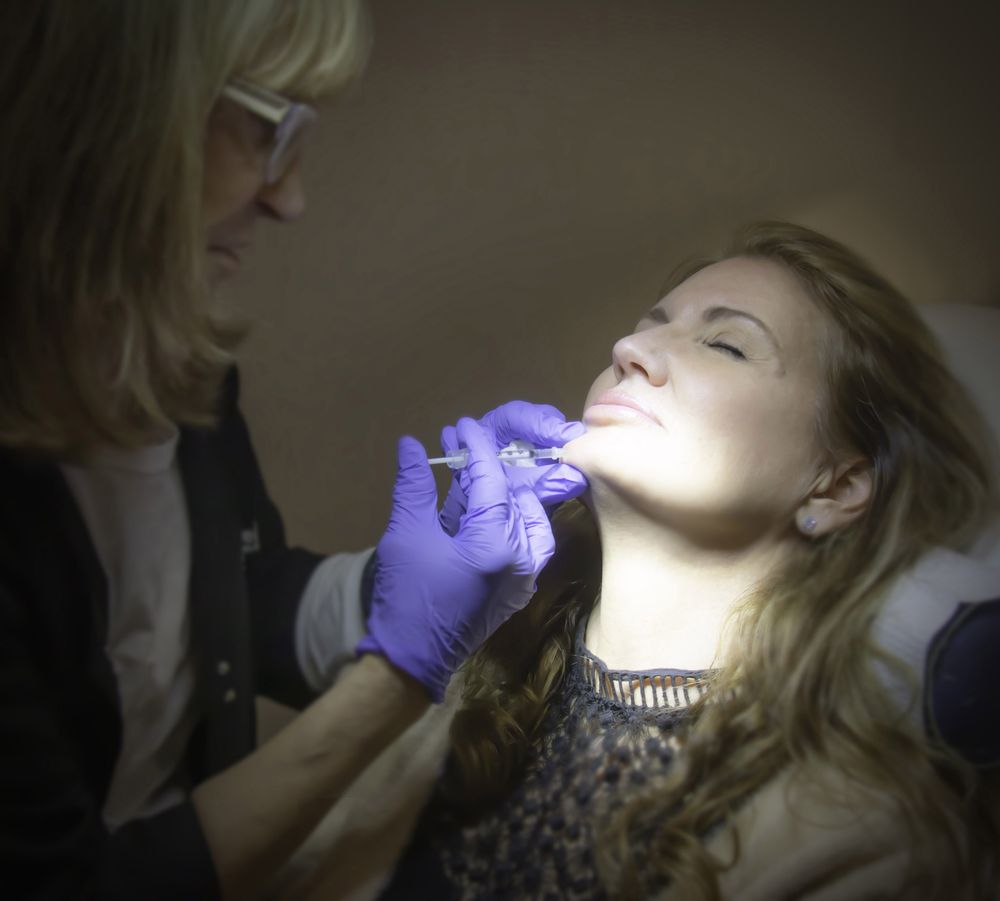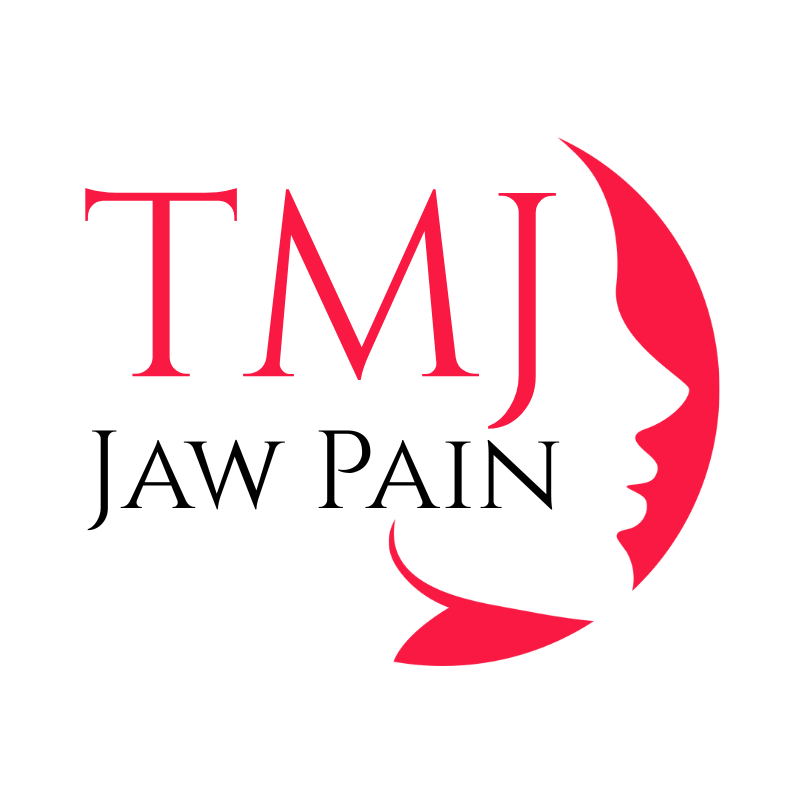Your Botox for TMJ Checklist
Rest assured—when administered by certified TMJ specialists, Botox is an exceptionally safe, FDA-approved therapy. Below, find everything you need to know about risks, after-care, and when treatment isn’t recommended.
Is Botox Safe for TMJ?
Yes. Decades of clinical research support its use in relieving muscle-related pain disorders—including TMJ. With precise dosing and expert technique, complications are rare, and most patients experience only mild, short-lived effects.
Common, Temporary Side Effects
- Injection-Site Bruising or Swelling
Typically mild; ice packs and over-the-counter pain relievers ease discomfort. - Localized Soreness
Similar to a “pinch” or slight achiness; resolves in 24–48 hours. - Headache or Flu-Like Feeling
Reported by a small percentage; subsides within a day.
Rare but Notable Risks
- Temporary Muscle Weakness
Over-relaxation can make chewing tougher for a day or two—your injector calibrates doses to avoid this. - Asymmetry or Unintended Spread
If Botox migrates beyond targeted muscles; choosing an experienced provider minimizes risk. - Allergic Reaction
Extremely uncommon; discuss any history of allergies to botulinum toxin ingredients.
After-Care Guidelines

- Avoid Touching or Rubbing the treated area for 4–6 hours.
- Skip Strenuous Exercise for 24 hours to prevent unwanted migration.
- Apply Warm Compresses if you feel stiffness or mild soreness.
- Maintain Normal Diet & Oral Hygiene—no special restrictions.
Contraindications & Precautions
- Pregnancy & Nursing: Safety not established—postpone treatment.
- Neuromuscular Disorders: Conditions like myasthenia gravis may increase risk of weak muscles.
- Active Infection: Wait until any oral or facial infection clears.
- Blood-Thinning Medications: Discuss with your provider; you may need to pause or adjust dosage temporarily.

Frequently Asked Questions
How often can I have Botox for TMJ?
Every 3–4 months—your provider will recommend the ideal schedule based on your relief duration.
What if I experience unexpected weakness?
Contact your injector immediately. Most cases resolve on their own; adjustments can be made at your next session.
Can children or teens get Botox for TMJ?
This treatment is FDA-approved for adults. Pediatric use is off-label and requires careful specialist evaluation.
With proper candidate selection, expert technique, and clear after-care, Botox for TMJ offers a safe path to lasting jaw comfort. Have more questions? Find a local TMJ specialist or check our full FAQs page.
